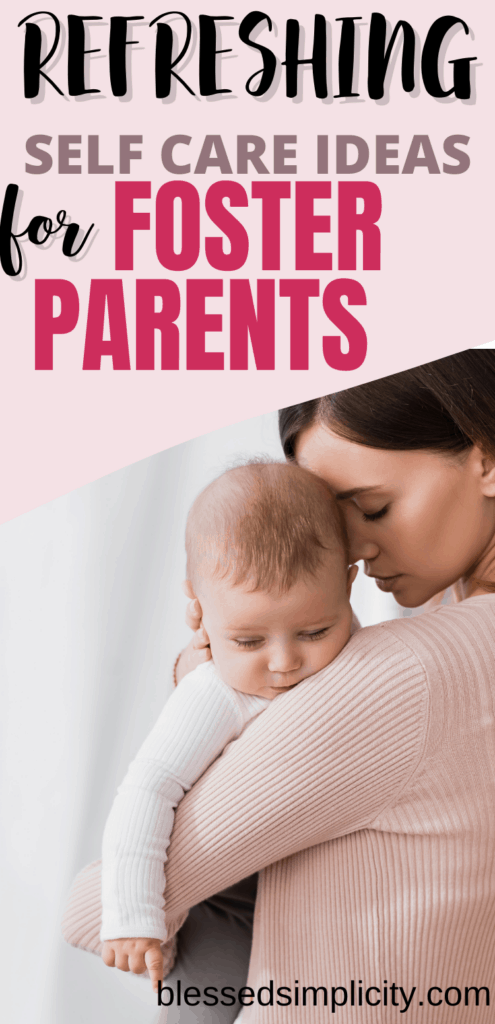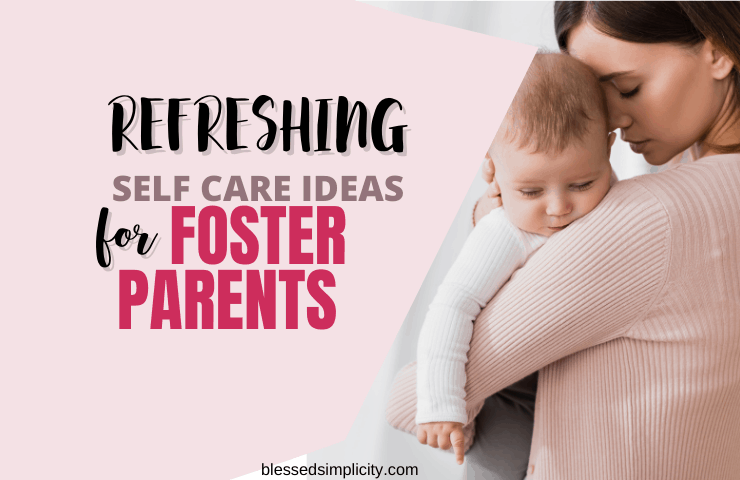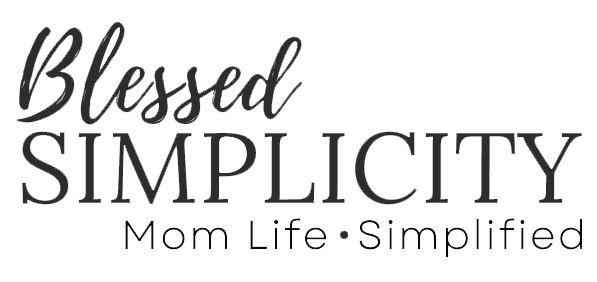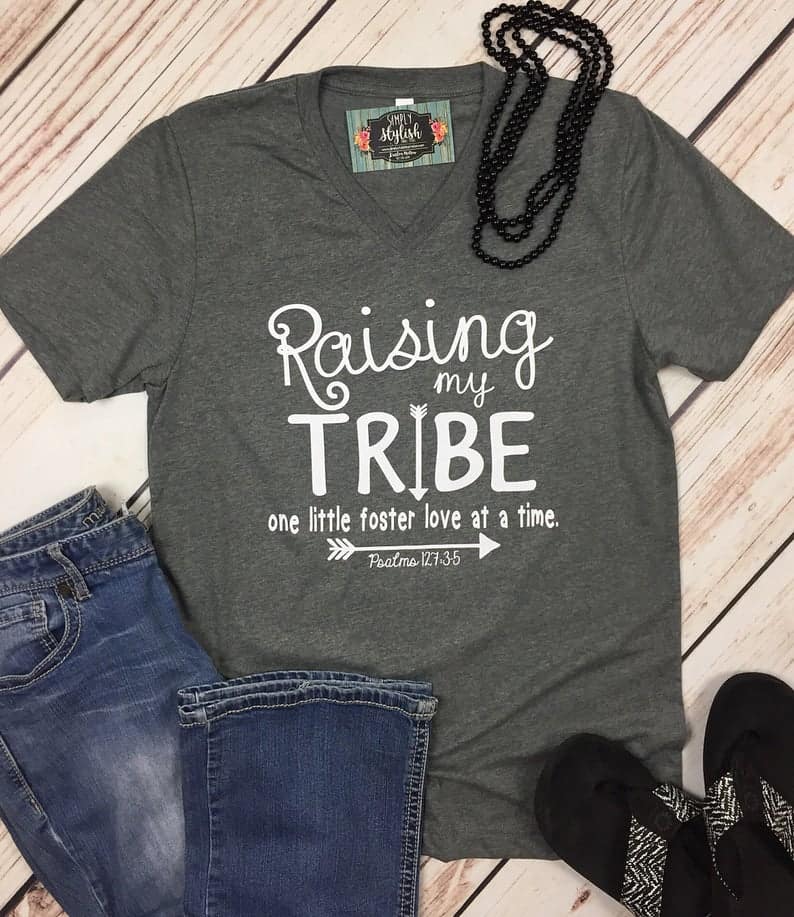Self Care Tips for Foster Parents
Are you a foster parent in the trenches of foster care and feeling worn out? Use these self care tips for foster parents to keep yourself going strong and able to care for your foster child.

*This post contains affiliate links. See full disclosure policy below.
Foster care is challenging for the entire family, especially the foster parents who are the daily direct care givers for foster children. Foster children range from those who are considered medically fragile who’s needs are obvious and clearly diagnosed to those who suffer from emotional challenges such as Fetal Alcohol Spectrum Disorder and present and perfectly “normal” until you live with them.
Dealing with each of these types of challenges and all everything in between, takes it’s toll on the foster parent emotionally and physically.
I will always remember the day my family doctor looked at me and told me that I was suffering from PTSD. I could not believe my ears. I am not a soldier or a first responder. I do not have a high stress “career” that keeps my on the front lines, or so I thought.
I presented to my doctor with a range of symptoms from insomnia and brain fog to weight gain and fatigue. I had been caring for my youngest child for the past two years from when she came into foster care at 15 months old. Her medical challenges kept her from sleeping through the night and she could be well one moment and in the hospital the next. I never left my daughter in those two years except for short runs to the grocery store. I had put her needs before my own and it was finally catching up with me.
Self Care Tips for Foster Parents
Some self care will look the same for foster parents but most will have a little different twist. I believe that while most people focus on physical self care, which is needful for everyone, foster parents will focus more on emotional self care.
Biblically, we are commanded to love others “as we love ourselves.” I cannot imagine loving others the way I loved myself those first couple of years with my daughter.
Use Respite
Respite is just what it sounds like. It’s a break for some rest. In fact, the dictionary definition is “a short period of rest or relief from something difficult or unpleasant.” You might think it sounds horrible to call fostering a child “difficult or unpleasant,” but it can be. That is what makes a foster parent so special. They do the difficult and unpleasant thing on a daily basis and then go back for more, all for the love of a child.
Respite is typically provided by the placement agency. The amount of time allowed per month is determined by the state and/or the third party agency. Use it. If you do not want to hand your foster child over to another unknown person, then make sure you have some appropriate respite available within you family or friend circle.
Take those days away and come back to the table refreshed and with a fresh perspective.
Keep Your Body Physically Healthy
It takes a lot both emotionally and physically do be a foster parent. Yes, you need to be physically able to keep up with kids, especially if you are fostering toddlers or kids with special needs who seem to move constantly. However, keeping your body healthy is also the number one way to keep your brain functioning at peak.
- drop excess weight slowly and steadily. Here are some extra ideas for how moms in particular can work on losing excess weight.
- dont buffer with eating when you are stressed
- make time for a workout – especially when things are not going well with your foster – you will be more even tempered
Prioritize Your Sleep
For foster parents, consistent, good sleep is not always possible. Some foster parents are fostering new babies, or are fostering new babies who are drug exposed, medically fragile, and sleep very little. Others are fostering children with emotional issues that cause sleep disturbance. For all of these reasons, consistent sleep, especially when you have a new foster placement, can be difficult. However, there are a few things you can do to make sure you are getting enough rest. Here are some ideas:
- Sleep when your foster child sleeps (like a newborn schedule)
- use respite when available
- use nursing care when available for medically complex kids
- go to bed earlier when a spouse is still awake
Journaling
Being a foster parent will bring up all kinds of emotions that you may not expect. Journaling is a great way to get your thoughts out on paper and be able to identify the ones that are causing your emotions.
Journaling in foster care is also helpful in tracking behaviors and incidents. Many times my journal has been the tool to tell me, when looking back, when an illness or behavior actually started with a child. If journaling seems difficult to you, instead of journaling about your day, start with some easy journal ideas like these.
Support Groups
Foster and adoptive parenting presents a unique and complex set of challenges. Without adequate support, foster and adoptive parents can feel isolated, become overwhelmed with the needs of their foster and/or adoptive children and even their biological children, and even decide to quit fostering or disrupt an adoption.
Support groups are needful and effective because they decrease the feelings of isolation, help parents feel understood, and provide a space for foster and adoptive parents to get realistic suggestions in how to handle the unique challenges they face from people who are in the trenches with them.
Support groups designed specifically for foster and adoptive parents enhance their ability to parent their children effectively.

Counseling and/or Coaching for Foster Parents
When you think about the role that counseling plays in the foster care scenario, you most likely think about counseling for the foster child for trauma. That counseling can, at times involve the foster parent. However, many times, counseling and or coaching can be useful for the foster parent themselves. Parenting a foster or adopted child can be a type of trauma or in the very least and intense stressor for which counseling or coaching with someone who specializes in working with foster and adoptive parents can be helpful.
Other Foster Care Posts
We often think of counseling for our foster placements, and occasionally, the foster parents are
If you have questions about Foster Parenting
You can join my Foster Care and Adoption Questions and Answers Facebook Group here and you can join my email list below for free resources and encouragement.





